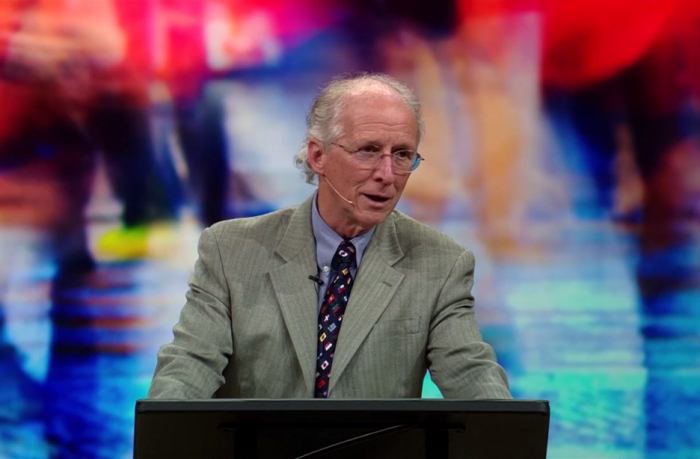Should pastors who commit adultery be permanently banned from ministry? John Piper answers

Notable Bible teacher and DesiringGod.org founder John Piper believes that pastors who committed adultery should be allowed to return to ministry, provided they have engaged in a lengthy period away from church leadership.
In an episode of the “Ask Pastor John” podcast, a listener said her church was considering hiring a pastor who had left his previous congregation because he committed adultery.
“He was caught, repented, and asked for forgiveness. I certainly believe Christ forgives adultery. But from reading the passages on church leaders in the Pastoral Epistles, I don’t see how it could be God’s will for him to continue pastoring. What are your thoughts? Is repentance enough to make this man a leader in another church? And, more generally, what sins — if any — disqualify a pastor for life?” the listener asked.
Piper responded by noting that standards can vary for what can disqualify a pastor for life “because I don’t think the Bible gives a clear instruction about how a disqualified pastor can become qualified again.”
“I don’t think this is the kind of issue where the church as a whole will ever have agreement,” Piper said in the podcast that aired on April 24. “I think every local church should pray and think and study their way through the Scriptures into a position from which the elders can work in unity with regard to these kinds of things.”
Piper said he considered sins like adultery that are committed “after one’s conversion and well into one’s Christian life” to be “more serious indications of unfitness for ministry than our sins prior to the new birth and the new creation in Christ.”
“Adultery after conversion is sinning against the glory of the light of Christ,” he continued. “Before conversion, we were all in spiritual darkness; we were acting according to our nature.”
“The issue is that the offense has been compounded by its deeply multilayered betrayal of God, wife, Christian newness, the Holy Spirit, the people of God, the Gospel, the reputation of the Gospel in the Christian ministry.”
Piper went on to express concern that many churches do not take this seriously enough and warned against being too quick to return someone to ministry who has sinned in such a way.
“He should get another kind of job and go about his life, humbly receiving the discipline and the regular ministries of the church, whether in his former church or in another church,” he concluded.
“If he returns to ministry, it should be after a long time of humble, contented acceptance of a new way of life outside the official ministry of the church.”
A 2016 survey of 1,000 Protestant senior pastors conducted by the Nashville-based LifeWay Research found that around three-quarters of respondents did not believe being caught in adultery justified a permanent ban on ministry.
LifeWay found that 24 percent of pastors supported a permanent ban, while 31 percent supported a temporary ban of at least three months to a year, and 25 percent were unsure.
"The Scripture says pastors must be above reproach," said Ed Stetzer, then executive director of LifeWay Research, in a statement at the time.
“So it's not surprising that some want to see fallen pastors banned from ministry. Still, pastors are also people who talk about forgiveness regularly and, by and large, they want to see those who fall have a chance at restoration.”




























